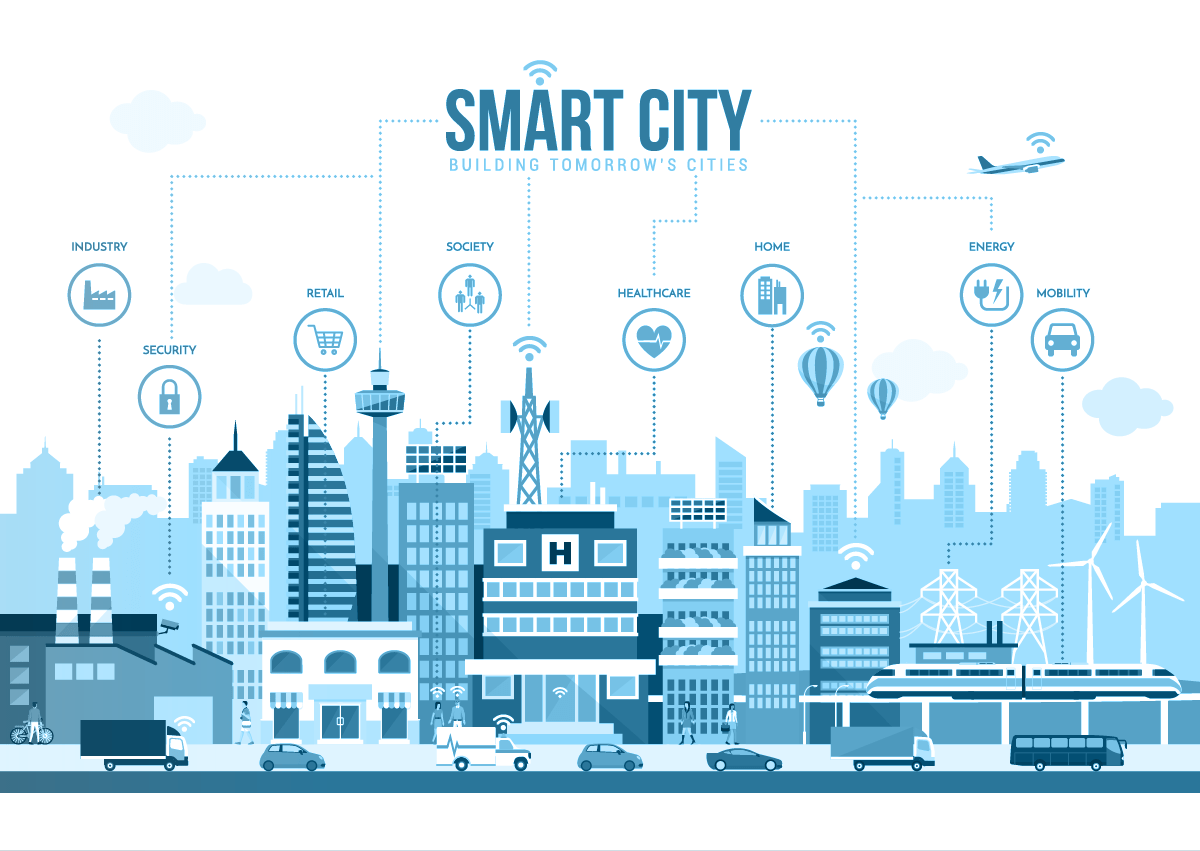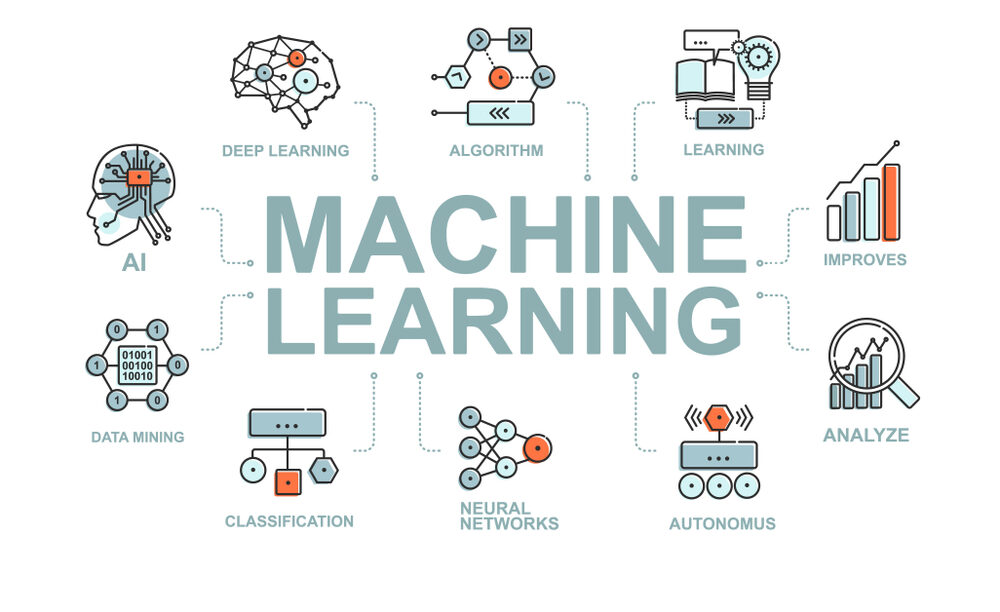Research
Our research focuses on the following aspects:
- Personalization, Recommender System, Online Advertising, Search Engine, and Information Retrieval. The Recommender Systems, Online Advertising, and Search Engines are three interrelated components in Information Retrieval that help users find the information and content they need among a vast amount of data. Recommender Systems provide personalized recommendations based on user behavior, preferences, and historical interactions. Online Advertising leverages user data to deliver relevant advertisements to individuals. Search Engines, such as Google and Baidu, use algorithms to index and rank webpages based on relevance and quality, helping users find the information they are looking for. Together, these three components work to improve the overall search experience for users and make it more efficient. The integration of machine learning techniques, deep learning, and big data analytics into these systems has made it possible to deliver highly accurate recommendations and advertisements in real-time, while providing a more engaging search experience. The use of these technologies has been shown to increase user satisfaction and revenue for businesses, making them critical components of modern information systems.

- Urban Computing, Smart City, GeoAI, Spatio-Temporal Data Analysis, and Location-Based Social Networks. Urban Computing is a field that uses technology and data to enhance the quality of life and improve the efficiency of urban environments. In the context of Smart Cities, Urban Computing involves the use of sensors, data analytics, and artificial intelligence to gather and analyze data on various aspects of urban life, such as traffic, energy consumption, air quality, and more. The goal of Urban Computing in Smart Cities is to create more sustainable, livable, and efficient cities by using technology to optimize various urban systems and services. This involves using data to make informed decisions about city planning, transportation, energy management, and other critical urban infrastructure. By leveraging the latest advances in technology, Urban Computing in Smart Cities has the potential to make cities more responsive, resilient, and sustainable, while improving the quality of life for their residents.

- Theoretical Machine Learning: Large Language Model, Reinforcement Learning, AutoML, AGI, Graph Learning, Trustworthy AI, and Multimodal ML. Machine Learning is a subfield of Artificial Intelligence that involves the development of algorithms and models that enable computers to learn and improve from experience. Our Lab focuses on several subfields within Machine Learning. One of the important advancements is large language models, which use natural language processing techniques to generate human-like responses and can be applied in various areas such as chatbots, virtual assistants, and text summarization. Deep Reinforcement Learning involves training algorithms to make decisions and take actions in complex, dynamic environments. AutoML refers to the automation of the machine learning process, including model selection, hyperparameter tuning, and model training. AGI or Artificial General Intelligence, refers to the creation of machines that can perform tasks and solve problems like a human being. Graph Learning is a type of machine learning that deals with graph-structured data, such as social networks, transportation networks, and biological networks. Trustworthy AI refers to the development of machine learning models that are reliable, transparent, and ethical in their decision-making processes. Multimodal ML involves the integration of multiple forms of data, such as text, image, audio, and video, to create more sophisticated and accurate models. These subfields of Machine Learning are shaping the future of Artificial Intelligence, helping to advance the field and solving complex problems in a variety of industries and domains.

- AI + X: Education, Healthcare, Carbon Neutral, Social Computing, E-commerce, Finance, and Ecosystem. The integration of Artificial Intelligence into various domains and industries. In the field of Education, AI is being used to personalize learning experiences, improve student engagement, and enhance the efficiency of the education system. In Healthcare, AI is being used to improve patient outcomes, increase efficiency, and reduce costs. The goal of AI in the area of Carbon Neutral is to use technology to reduce carbon emissions and promote sustainability. In Social Computing, AI is being used to understand and analyze social data, improve user experience, and enhance the impact of social media. In E-commerce, AI is being used to provide personalized recommendations, improve customer service, and increase sales. In Finance, AI is being used to automate processes, reduce risk, and increase efficiency. In Ecosystem, AI is being used to enhance the health and productivity of ecosystems, reduce waste, and promote sustainability. The integration of AI into these various domains and industries has the potential to bring about significant improvements and advances, helping to solve complex problems and create a better future.
